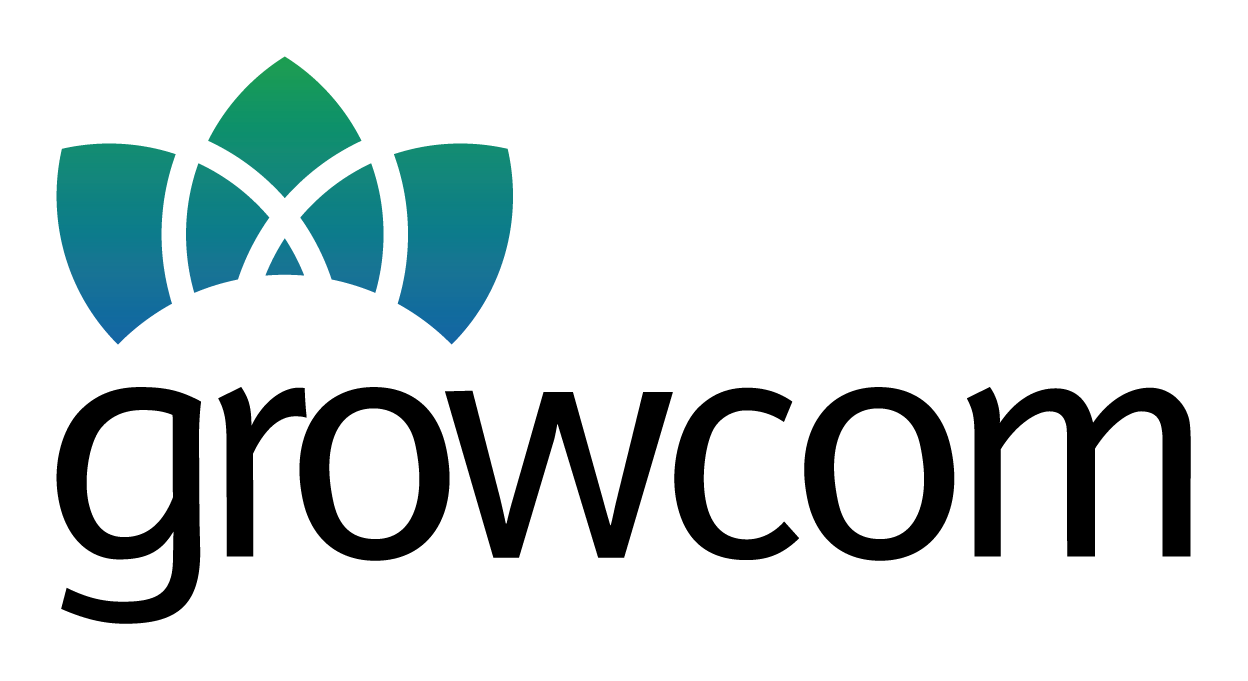Pollination is the act of transferring pollen from the male anther to the female stigma.
Good yields start with effective pollination. The majority of our fruit, vegetable, and nut crops require cross-fertilisation to produce product. Many of our growers rely on a commercial supply of European honeybees (Apis mellifera) being the most efficient and effective pollinator of flowers. Across the industry a number of initiatives are there to improve the efficiency and effectiveness of pollination services and supporting honeybee health.
Hort360 Pollination brings together a risk assessment and resources to promote the health of honeybees and protect them from environmental harm. Growers and beekeepers are encouraged to work together to maximise the benefits from honeybee pollination while preserving the health of honeybees in horticulture production systems including:
hive standards, agreements and independent audits
reducing pest and disease risks and the National Bee Biosecurity Program code of practice
caring for honeybees while in the production area by selecting suitable site to place hives, gradual introduction and removal of hives to match floral resources and supplementary resources
chemical use in and around the production area.
As part of Best Management Practice, the Hort 360 pollination module will allow growers to benchmark their own pollination practises, identify areas for improvement and monitor changes in management practices over time.
-
-
Apiary Recommended Practices bees
Bee Biosecurity Program Code of Practice May 2022
Best Prac Guide Ground spray application of pesticides
Biosecurity for beekeepers July 2020
California Almond Honey Bee BMP Quick Guide
HA21005 Australian pollination service statistics
mt13027 Understanding practices in key pollination areas final report
National BMP Beekeeping in Australia
ph15000 Strengthening and enabling effective pollination final report
-
-

